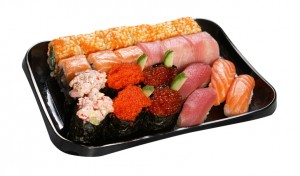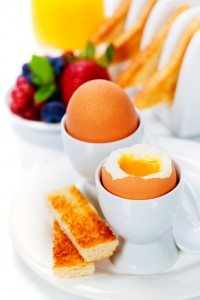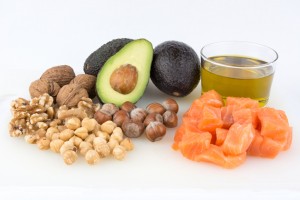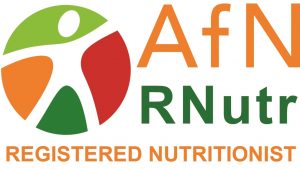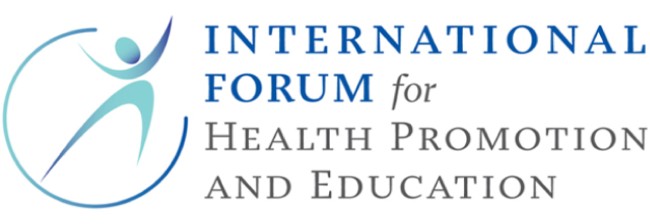Certain nutrients are particularly vulnerable to being low in our diets when we travel for business. While our primary focus is on travel schedules and appointments, our nutrient intake can suffer.
Our best source of vitamin D is synthesised by the action of UVB sunshine on our skin, which is often not possible due to the weak winter sun or our efforts to avoid the dangers of skin cancer. Vitamin D is essential to facilitate the absorption of calcium into bones and teeth and is vital for a strong immune system. Business travel exposes us to a multitude of bugs and ailments, so it is especially important to support our immune system.
The best food sources of vitamin D are oily fish, particularly salmon; tinned sardines are pretty good, tuna OK, but salmon is better and widely available. Cooked, smoked or raw in sushi are all good. If salmon doesn’t appeal, then there is a little in egg yolks and a small amount in nuts, but it is probably worth taking a supplement. There is some debate about whether the cheap vitamin D2 tablets are as good as the more expensive, non-vegetarian D3 – but all are better than nothing.
These nutrients tend to be adequate in a good diet, but if we aren’t eating well, or our digestion and absorption are compromised, they can become low. Vitamin B12 and iron are both essential for the formation of blood cells, and the main symptom of deficiency is fatigue, which could easily be mistaken for travel tiredness. Iodine is used by the thyroid gland to produce hormones essential for the regulation of nerve and muscle function and body temperature. If the salmon intake for vitamin D appeals, then you will also be covered for iodine, otherwise it’s worth trying to include a few eggs. Eggs are easy to find, a good source of B12 and while the iron content isn’t particularly high, a glass of orange juice will help with the absorption. If you are prone to low iron status, lean red meat is the better option or shellfish such as oysters and muscles.
Antioxidants
With a glass of orange juice, a mixed berry compote or fruit salad, it’s relatively easy to achieve an adequate intake of the antioxidants vitamin C and folate. Vitamin E is the free radical scavenger that protects our cells from damage caused by, for example, cigarette smoke, air pollution and the sun’s UV rays. This fat-soluble vitamin, often lacking in poor diets, is found in foods containing oils. Nuts and seeds are a particularly good source. A small handful of almonds contains our entire daily requirement for Vitamin E. These are easy to keep with us when travelling as snack-sized packs of mixed nuts and seeds are often sold at sandwich shops and cafes.
The important issue is keeping the balance between the Omega -3 and Omega-6 fatty acids, not a problem if we eat salads with olive oil, avocados and raw nuts. Avoiding a diet of fried foods will keep our serum triglycerides and fatty acid profile healthy.
On a recent trip through Asia, I fell into a pattern of muffin and coffee for breakfast, fried rice and chicken for lunch and noodles with meat for dinner. Even professional Nutritionists can go astray when the habitual healthy choices eaten at home aren’t available. Not a problem in the short term, but regular or longer travel requires extra attention to our nutritional needs. Next time I’ll travel with nuts and seeds, bring fruit and eat sushi!
© Extravitality 2017

























